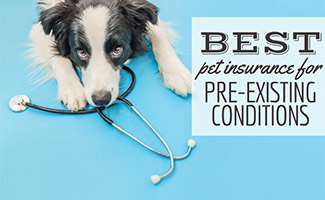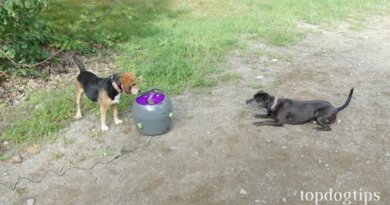10 Real Weight-Loss Tips for Dogs that Work
Yes, there actually are designated fat farms, weight-loss centers and so-called miracle diet pills to help dogs shed excess pounds, but most of us don’t have access, or perhaps, even the money to spend on them. But here is the skinny: Far too many dogs are overweight and even obese. Finding the right — and safe — strategy amid the hype of quick-loss broken promises can be challenging.
To help you — and your canine pal on this get-to-a-healthy weight mission, Dogster reached out to a pair of canine health experts: Ernie Ward, DVM, founder of the Association for Pet Obesity Prevention and based in Raleigh, North Carolina, and Jason Nicholas, BVetMed, The Preventive Vet based in Portland, Oregon. They recommend these effective weight-loss strategies:
Make friends with your veterinarian
Most veterinary practices are canine weight-loss centers in their own right, Dr. Nicholas reminds us. “Lots of practices will help pet owners formulate a specific diet/feeding/exercise plan, do regular weigh-ins and celebrate successes with people.”
Swap out treats for calorie-free praise
Sure, you want to reward your dog for sitting on cue, going potty in the backyard instead of on your living room rug and for politely greeting visitors instead of jumping up on them. But treats can pack on the pounds quickly. So instead of automatically handing out a treat each and every time your dog does what you ask, save calories by heaping on the praise.
Aim for slow and steady weight loss
Instead of focusing on the end goal — say, getting your 100-pound Labrador Retriever to get down to a healthy 75-pound weight, celebrate minor drops in weight.
“I have a lot of Labrador Retriever patients who are 100 pounds and who need to be 75 pounds,” Dr. Ward says. “But if they lose just 5 to 10 pounds, you will see improvements in their mobility and energy levels. Focus on your dog’s quality of life and not on the number of pounds lost.”
Count on your kitchen scale
It may surprise you, but when it comes to measuring your dog’s daily food portions, it is easier to do so using canned food than trying to count pieces of kibble. Dr. Ward recommends you use a kitchen scale to weigh out your dog’s daily portion of canned food.
“It is easier to divide a can of food than do kibble counting,” he adds. Of course, you can also measure out kibble pieces in a measuring cup, but the number of kibble may vary depending on the size of each piece.
Make a splash with a water treadmill
If your dog is obese and having trouble covering much distance on your neighborhood walks, help him get into shape by safely walking him on a water treadmill. Check with your veterinary clinic about available water treadmills for dogs in your area you can use. Walking in water is less stressful on your dog’s joints.
Recognize that certain breeds are prone to obesity.
Studies show that there is a genetic link to a dog’s food drive. For example, working breeds are bred to respond to food rewards. Pay extra attention to your dog’s weight if he is a Labrador Retriever, Dachshund, Golden Retriever, Pug, Cocker Spaniel, Boxer, Basset Hound, Beagle, Pekingese or Cairn Terrier.
Offer high-nutrient, low-calorie veggies
Instead of succumbing to your dog’s begging eyes for your pizza crust, offer a meaningful choice, such as a baby carrot or slice of zucchini.
Keep your senior dog moving
“Age is not a disease,” Dr. Ward says. “It is essential for senior dogs to engage in aerobic activity daily. Bodies are designed to move. Work with your veterinarian on pacing your dog’s activities.”
Try some high-tech gadgets
For home-alone dogs, there are products designed to entertain and exercise them while you are at work. For example, the iFetch releases a mini tennis ball for your dog to chase, grab and place back into the device to be relaunched. The FitBark tracks his activity level throughout the day. The Animo tracker tells how many calories a day your dog burns.
“These gadgets can make it more fun and engaging, but not every pet or person needs such technology to achieve weight loss,” Dr. Nicholas says. “One benefit is that these devices can help people take note of their dog’s heart rate, respiratory rate, activity level that might otherwise go unnoticed.”
Avoid crash diet game plans
If you abruptly reduce your dog’s food intake, the plan can backfire. “Scaling back on the amount of regular food you are feeding your dog can lead to some vitamin, mineral and/or other nutrient imbalances when feeding lower quantities of an otherwise balanced food,” Dr. Nicholas says. “There are therapeutic diets available from veterinarians that help achieve the desired degree of weight loss while helping the dog still feel full and satiated.”
Dr. Ward adds, “Nutrition is not a one-size-fits- all approach.” Nutrition is about finding out what works best for your individual pet.”
Time to Count Canine Calories
The number of calories in food and treats your dog gobbles up each day does matter and does count. Too many calories can pack on the pounds and cause your dog to have more waddle than wiggle in his step. Ernie Ward, DVM, agrees it can be tricky and confusing to determine how many calories your dog needs each day if you simply go by the recommended guides posted on dog food labels. Instead, he recommends you first reach out to your veterinarian to calculate the right number of calories to keep your dog at a healthy weight. Factors include level of activity and age. And, here is a calorie-calculating formula to use on dogs of all sizes:
- Weigh your dog on a reliable scale.
- Divide your dog’s weight by 2.2.
- Multiply this figure times 30.
- Add 70 and you will have the number of calories to feed a typical dog. (spayed/neutered, typically inactive
and who lives indoors)
READ NEXT: Wondering How Much to Feed a Dog? Let’s Talk How Many Calories Dogs Need

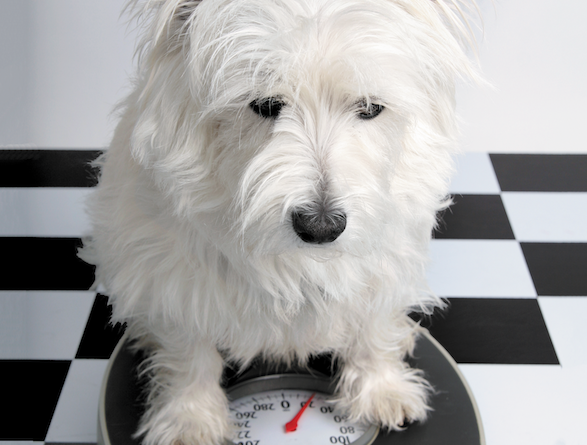
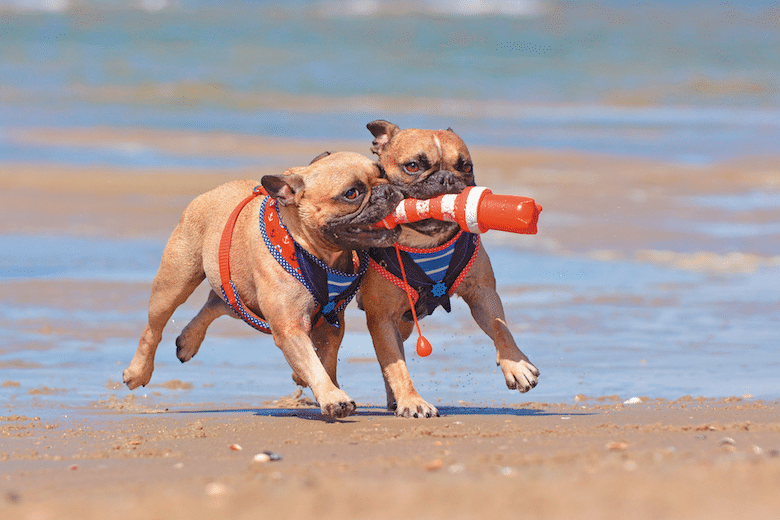
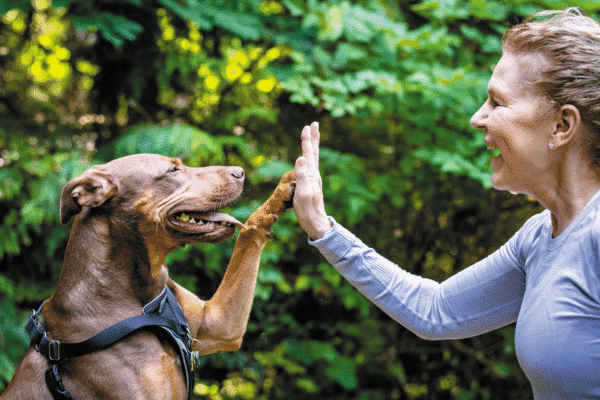
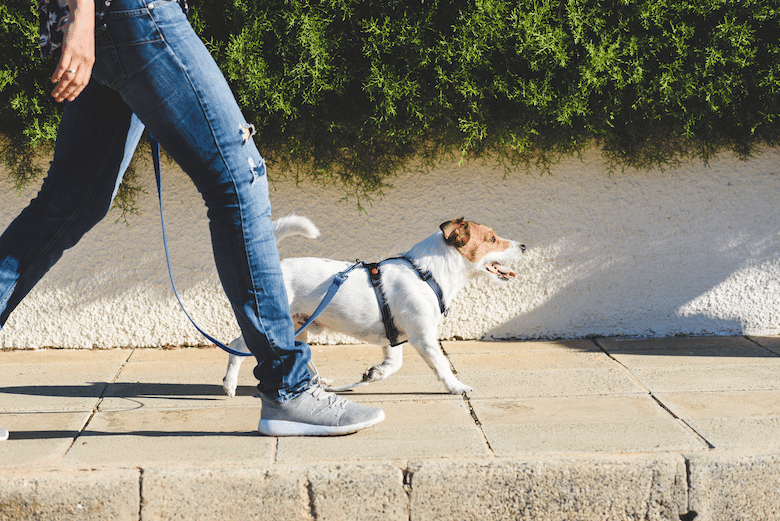
 5 HEALTHY Tips
5 HEALTHY Tips 
